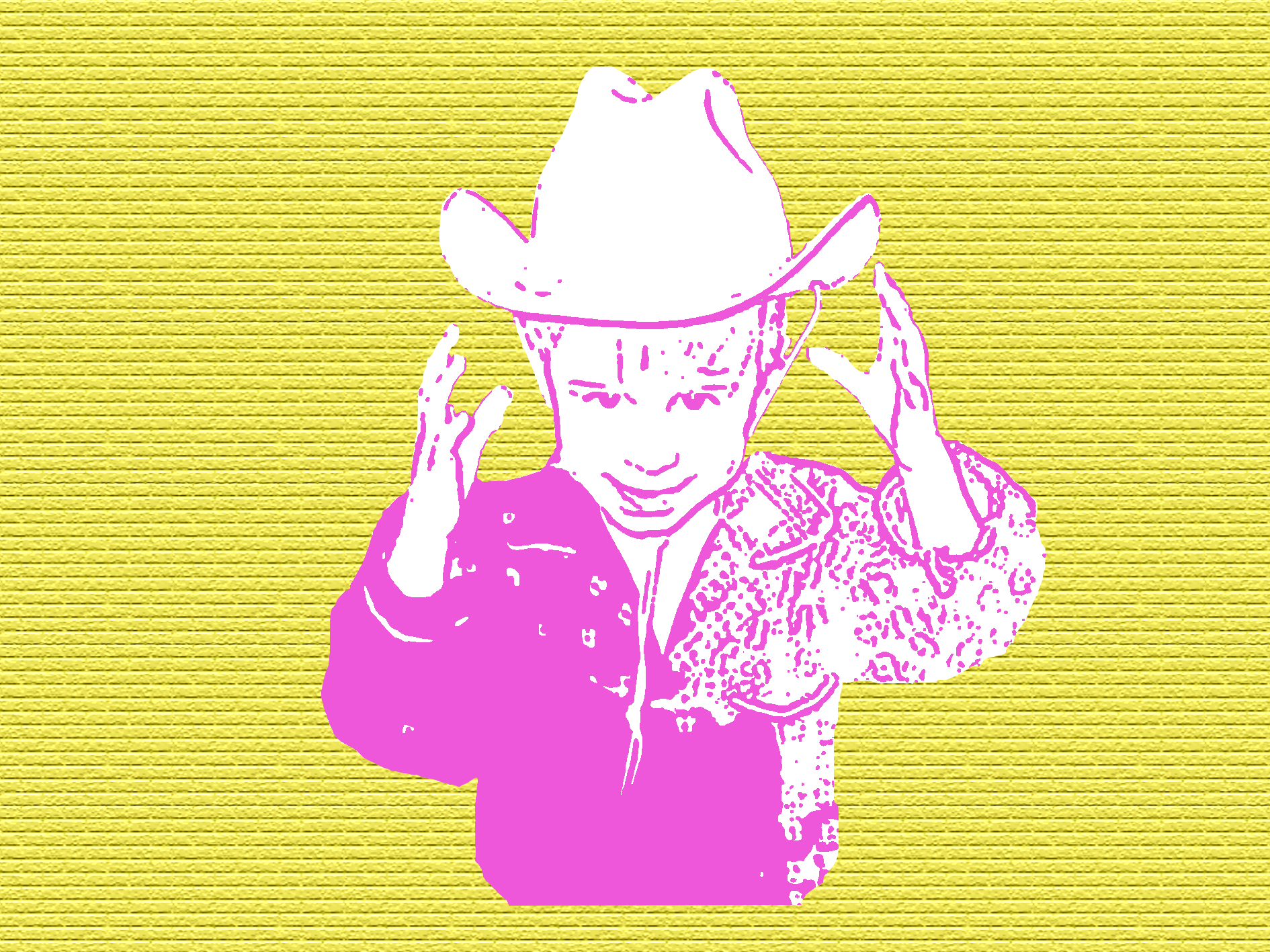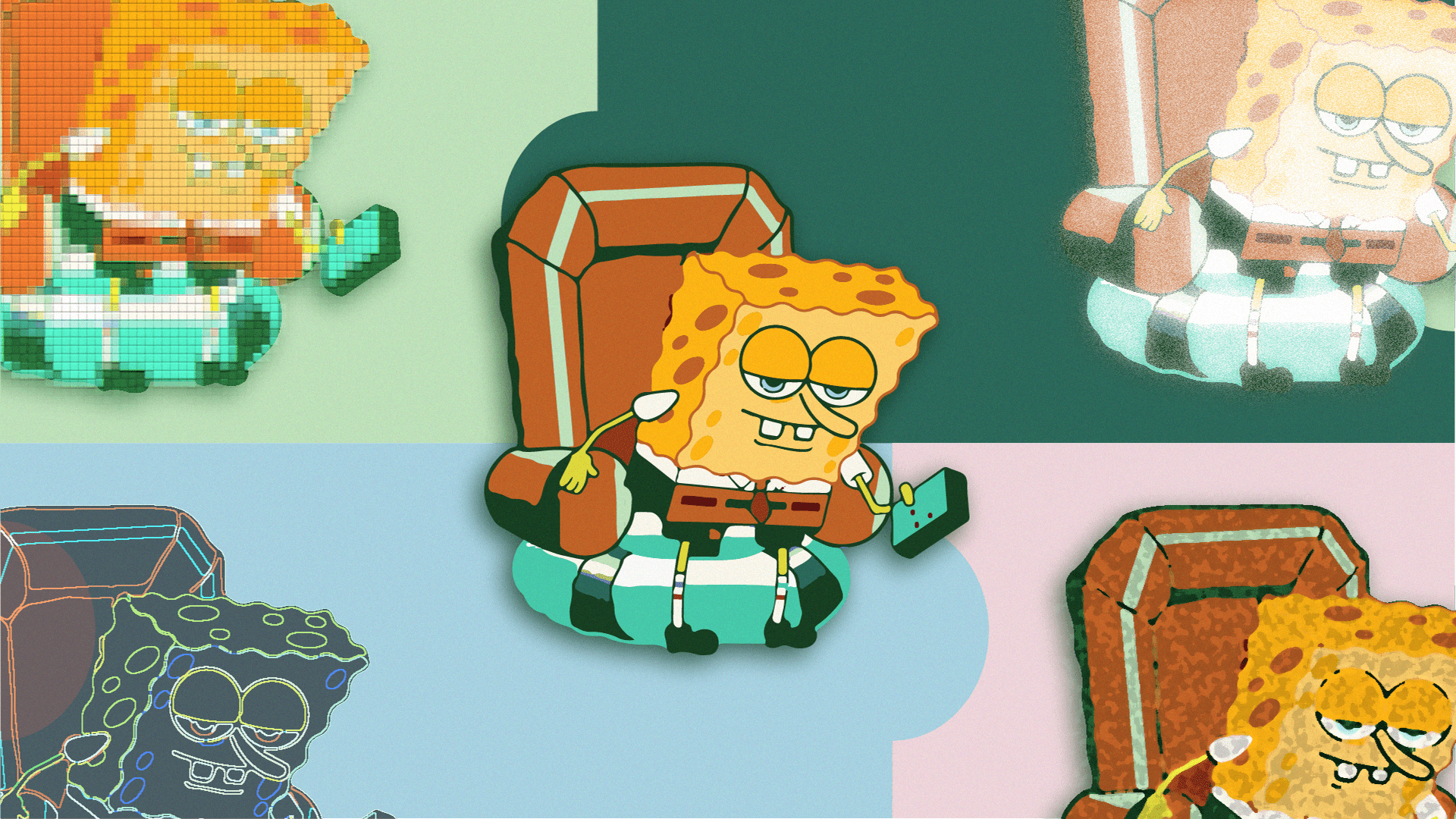
Getting Personal and Political with The Chicks’ “Gaslighter”
How The Chicks helped me rehabilitate my relationship with the South.
The Chicks recently released a new album, Gaslighter, after a 14-year hiatus. A public critique in 2003 of President George W. Bush’s invasion of Iraq tanked their popularity and chart performance, which — despite the fact their next album won a few Grammys — knocked the band from the limelight. The long-awaited album picks up on much of what made The Chicks so good to begin with: fiddle runs and broken hearts. More than that, though, it connects with the band’s Southern roots while also building on the tension they’ve always had with some of the region’s cultural values.
The Chicks’ return to country music is something I can relate to. In figuring out I was gay, I realized there was something about southern culture that I couldn’t relate to — its fraternity rows filled with prodigal sons dressed in Vineyard Vines and weddings held at plantation houses where lawn jockeys line the aisle. More than that, though, it wasn’t who I wanted to be. In high school I tossed overboard every loose piece of Southern culture I could: style, sports (I even pretended not to like sweet tea and fried chicken for a while) and music, The Chicks included, went right along with it.
I’d loved The Chicks long before they were “The Chicks,” since before I can even remember. My parents told me stories of a toddler-sized me demanding “Tonight the Heartache’s on Me” be played on repeat. Still, my adolescent brain told me throwing them away would somehow correct whatever cognitive dissonance I had between what I truly liked and what I thought would make me feel right. I felt surrounded by people I couldn’t always relate to and decided the best option was to take whatever few things we all had in common and get rid of them. That way, I wouldn’t have to worry about all the nuances — they were them and I was me, and I was different.
Then, I rediscovered The Chicks in college. I’d somehow fully forgotten about them after ousting them from my Spotify back in high school. At school, I was away from home, a little lonely and feeling homesick, which, funnily enough, are the perfect makings of a country song. Playing The Chicks’ album Wide Open Spaces for the first time in years in my cramped little NYU dorm freshman year took me home. It showed me how strongly I was connected with the South and how much I really missed it.
Country music came out of strife. The Great Depression, the Dust Bowl, front porch rocking chairs and hot, unending sun all translated into twangy guitar- and banjo-laden tunes about forlorn lovers and broken hearts. More than that, though, a lot of academic work traces country music back to slavery and slave music. While the aforementioned front porch rocking chair may be the origin of white country music, the music and instruments came from Africa.
This is one of the reasons why country bands changing their names — The Dixie Chicks to The Chicks, Lady Antebellum to Lady A and the controversy that followed — is important. Besides the relatively obvious problems with naming your band after the pre-Civil War South, making money off music that can be traced back to slaves is problematic. The word “Dixie” comes from the song of the same name that functioned as a marching hymn for the Confederate Army. So The Dixie Chicks weren’t just hailing the South, but Confederacy, too. Bands changing their names away from terms rooted in racial injustice isn’t exactly the widespread legal and legislative change that was asked for, but it signals an awareness of how much of our culture originates in racism and slavery and the importance of trying to change that.
The Chicks were supposed to release Gaslighter in May, but postponed it due to all the uncertainty surrounding the coronavirus pandemic. The postponement gave them time to change their name, something they had wanted to do for a long time, after Black Lives Matter protests started across the country. The release of “March March,” inspired by the 2018 March for Our Lives, reintroduced them as The Chicks and continued the political critiques that hurt their popularity in the early aughts.
A large part of country music I’d never recognized until listening to Gaslighter is how generalized and hypothetical many country songs are, simply because Gaslighter isn’t this way at all. Country music is about love and loss, but in a general way. Patsy Cline sings about her forlorn heart in “Crazy,” Trisha Yearwood wishes she hadn’t mistreated the love of her life in “There Goes My Baby,” but are they really going through all this? Are the singers themselves really suffering all this lovelessness? It’s the spirit of these songs that make them work, their heart, but that doesn’t make them true.
Gaslighter, like the Chicks themselves, does not follow these rules. It’s an album about deep, personal loss, recognition of how many different ways that loss can affect you, and finally moving away from it and back towards a normal, if changed, life. When Natalie Maines, the band’s lead vocalist, sings about two moments in the arc of a now fallen apart relationship in “My Best Friend’s Weddings,” she isn’t just singing about anyone, and you know this. The way the song’s pared-down accompaniment goes with the beat of her voice reveals to the audience how personal it is.
“Set Me Free” isn’t a song about any broken-hearted wife begging for her lover to just let her go, it’s about Maines’ struggles with her divorce, lyrics like “Decency would be for you to sign and release me” referencing her husband’s all but refusal to sign divorce papers. You can hear it in how bare her voice is. She stumbles a bit, she doesn’t enunciate. Her voice ripples at the crescendo of each chorus. Singing this song isn’t about making a record, it’s about processing and releasing emotions. It’s personal, specific, with lyrics aching for her husband to “sign and release” her from their marriage.
More than anything, the truth in Gaslighter comes through in how the album touches on the same subjects many times in slightly changed ways. The way Maines sings to her sons in “Young Man” goes with how she’s disappointed in the example her husband has set for them in “Sleep at Night.” In the song “Gaslighter,” Maines tells her husband she knows “exactly what [he] did on [her] boat”, a topic she goes more into later in “Tights on My Boat.” This is such a 180-degree flip from early, one-off songs like “Cold Day in July,” and “Once You’ve Loved Somebody” that covered similar topics from another standpoint, one of observation as opposed to experience. Gaslighter is an album that looks back on all the subjects the band used to sing on so easily and mulls on the fact that none of these subjects are so easy anymore.
I understand why the Chicks left for so long. They opened the door in the early 2000s for a new kind of country music, a torch carried now by artists like Kacey Musgraves, Yola, Orville Peck, and Lil Nas X. The Chicks make music for people stuck in whatever kind of space there is in knowing you don’t belong in the South and still somehow, inexplicably, knowing you don’t want to leave it behind.


